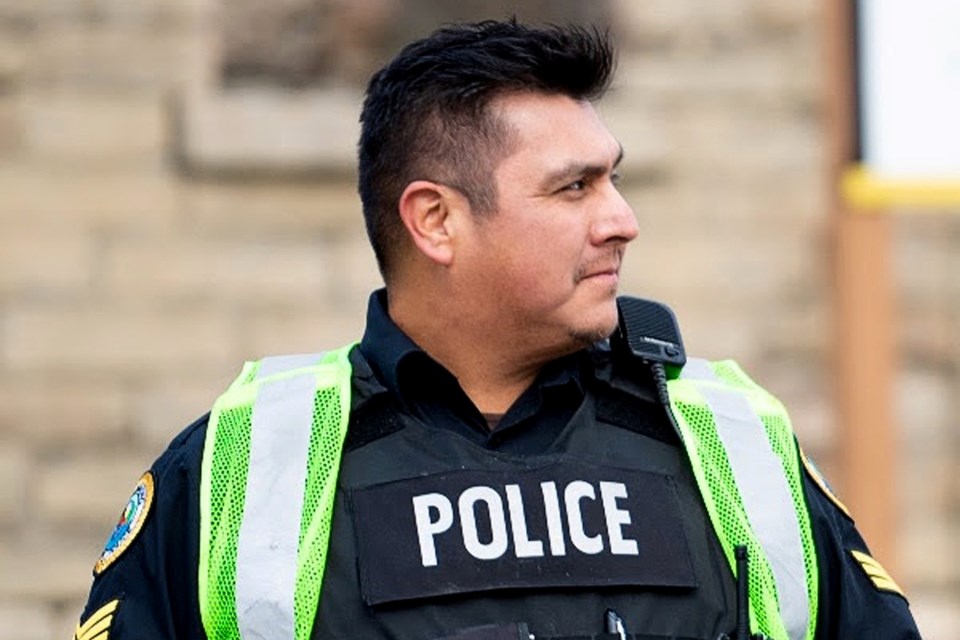Wikwemikong Tribal Police has formed a partnership with NOSM University (Northern Ontario School of Medicine) to develop a culturally-based and trauma-informed policing approach for the Indigenous policing service.
The project has received $1,120,500 in funding from the Province of Ontario’s community safety and policing grant, said a news release from NOSM.
The plan is "to improve community resilience" related to the risk of addictions and human trafficking; to train officers to better respond to trauma responses manifested by victims, as well as create trauma-informed, land-based Anishinaabe wellness support for police officers, first responders and victims involved with mental health, addictions and trafficking calls, said NOSM.
Local health statistics indicate that drug addiction — opioid use in particular — increased significantly during the pandemic, said Staff Sgt. Scott Cooper, Acting Chief, Wikwemikong Tribal Police.
“The result is community concern for chronic drug-related and mental-health issues, family violence, loss of children into foster care, trafficking of women, crime, and vandalism," said Cooper.
Cooper said there are long standing historical reasons for the struggles and challenges Indigenous people are faced with.
“Historical consequences of colonial policies such as forced removal of children from their families. Physical, sexual, mental, and spiritual abuse of generations of First Nations children in school systems has led to a heavy burden of intergenerational trauma in many First Nations communities. Wikwemikong is not an exception.”
Dr. Marion Maar, professor at NOSM University, is the lead partner for the evaluation, research and curriculum development and will draw on a network of NOSM co-researchers. NOSM said Dr. Maar has a lengthy research relationship with Wikwemikong Unceded Territory. Her research collaborations with the community are focused on culturally-grounded, land-based healing approaches to mental health and addictions, trauma-informed responses to family violence and culturally congruent service evaluation, said NOSM.
Maar said she is pleased to be part of the project.
“Many community members have experienced high rates of adverse childhood experiences (ACEs), including those who are victims of crime and even police officers. There is a need to understand how Anishinaabe language, culture and the land can support healing and wellness in the justice sector," Maar said.
Acting police chief Cooper said the work is necessary to offset the legacy of colonialism and the negative connotation of police in First Nations communities.
“There is an urgent need to develop trauma-informed models of policing that allows Indigenous officers to become grounded in the culture and wellness practices of their community and its values,” Cooper said in the news release.
